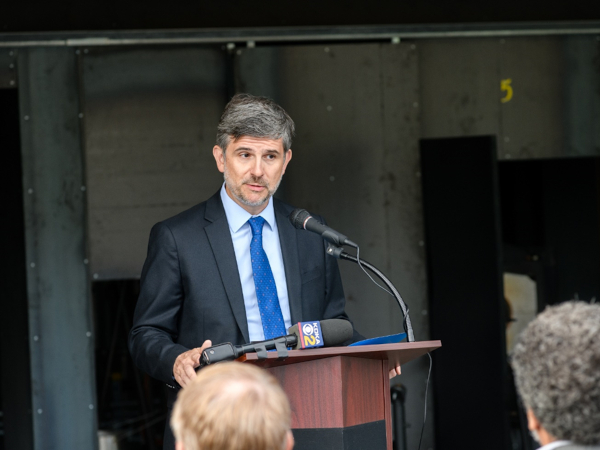Date: 18 April 2005
The plans were issued at a recent JEC press conference where PPG highlighted the advantages of having 8 plants* scattered around the world allowing for glass products to be produced at locations near the end user market.
Whilst introducing the new ChopVantage HP 3610 fibreglass chopped strand fibreglass, which is a reinforcement for use in polyamide compounding operations, Victoria Holt, the PPG Vice President (Fibreglass) outlined plans to "expand the product reach ChopVantage fibreglass beyond the European market".
Originally manufactured by PPG at its facility in Hoogezand, the Netherlands, ChopVantage HP fibre glass is now produced at the PPG plant in Shelby, N.C., United States, and also at PPG's joint venture PFG fibre glass facility in Chia Yi, Taiwan.
PPG mentioned that most of the product research for thermoplastics is located in Europe, which allows PPG to develop and test products in the European market before transfering the technology to other areas in the world.
"PPG's global fibre glass manufacturing and distribution capabilities back up our pledge to provide the best products and service to all our customers around the world," Holt said. "Extending our ChopVantage HP fibre glass manufacturing to supply new markets is one way we are growing our position in the industry."
The HP process to produce ChopVantage HP fibre glass consolidates fibres into discrete bundles without fuzz or fines, enabling improved compounding operations, Holt said. Customer processes run reliably, she added, because the uniform fibre glass product offers good dry handling to feed smoothly into equipment and disperses effectively in the compounding process.
Production of TufRov 4599, the continuous strand fibre glass reinforcement, is also being added to North American production, due to an increase in demand in Europe.
Currently manufactured by PPG at its facility in Wigan, UK, TufRov 4599 for (LFT) applications will now commence production at the Chester, S.C., facility by July, according to Victoria M. Holt, PPG vice president, fibre glass. Holt added that the roving offers good wet out for thermoplastic direct LFT and modified wire coating processes, with the sizing on the fibre surface providing a good balance of dry strength, fibre resin wetting and minimal sizing rub-off at process contact points.







Add new comment